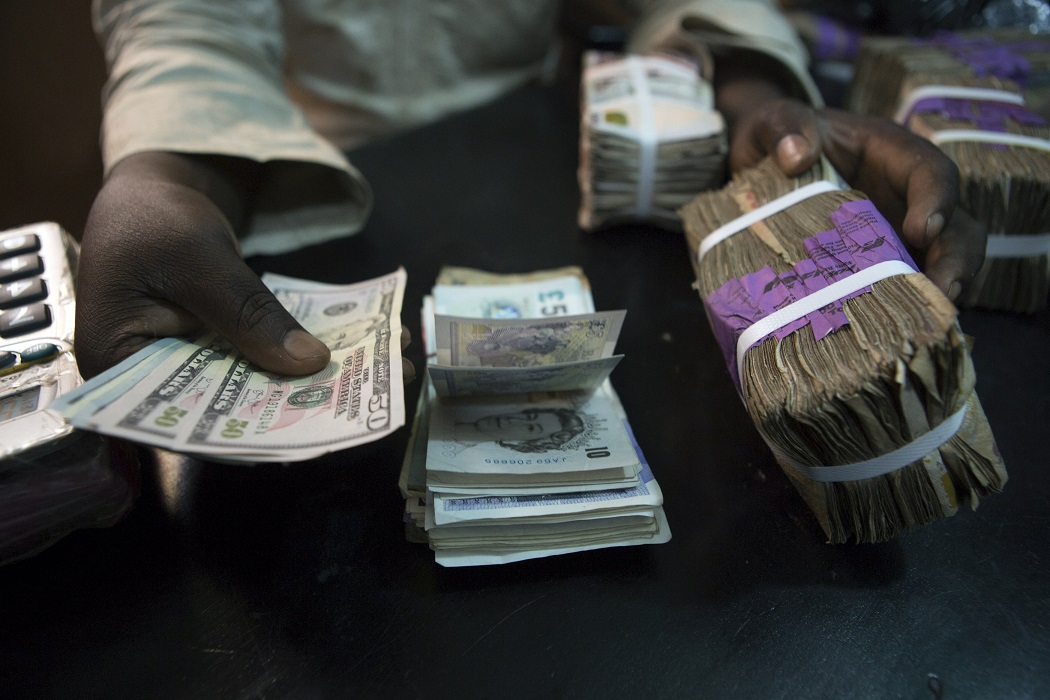The Central Bank of Nigeria disclosed that the recent monetary policy decision implemented is not a free float but a managed float.
In a recent interview with Bloomberg in Rabat, Morocco, Deputy Governor Kingsley Obiora revealed that the Central Bank of Nigeria clarified its recent monetary policy decision.
The deputy governor also expressed caution in determining whether the exchange rate of the naira to the dollar has reached its lowest point, suggesting that it may still be too early to make such a determination.
Obiora stated that Nigeria plans to announce further measures to loosen foreign exchange controls, in the interview, stating that Nigerians should expect more policy changes “in the next couple of weeks.”
He added that the CBN has not intervened in Nigeria’s FX markets since the new policies were introduced, adding:
The CBN chief noted that it has no plans to set the Naira on a totally free float, as no country runs a completely free float, the report said:
“There is no country in the world, even the US, that has a completely free float,” he said.
READ ALSO: FOREX: Official dollar rate surpasses black market first time in 8 years
“It may be too early to determine if the naira’s exchange rate to the dollar has bottomed out.”
Obiara cited reports by the IMF that suggest that the naira should not be as weak as the parallel market indicated, adding that he expects that the supply of foreign exchange will eventually be unlocked once the price of the dollar reaches a level that both buyers and sellers consider “fair.”
He also noted that he expects Nigeria’s GDP growth to hit 6% by 2024, noting that GDP should approach $700 billion in 4 years, according to Obiora, the report noted:
“The removal of subsidies, along with the convergence of the exchange rates will drive economic growth, especially from next year when the policies start making an impact.
Nigeria’s exchange rate and the Investor and Exporter (I&E) window fell to N770.38/$1 on Monday as the foreign exchange market in Nigeria experienced significant volatility following the Central Bank of Nigeria’s (CBN) operational changes.
The move to allow market-determined forex rates is seen as a major step towards currency reforms in Nigeria, which has been plagued by a chronic shortage of foreign exchange and multiple exchange rates.
According to analysts, a unified and flexible exchange rate regime will help boost investor confidence, increase foreign inflows, reduce import costs, and ease pressure on the naira.

 Health & Fitness5 days ago
Health & Fitness5 days ago
 Aviation7 days ago
Aviation7 days ago
 Aviation6 days ago
Aviation6 days ago
 Aviation6 days ago
Aviation6 days ago
 Aviation6 days ago
Aviation6 days ago
 Aviation5 days ago
Aviation5 days ago
 Featured3 days ago
Featured3 days ago
 Crime3 days ago
Crime3 days ago

